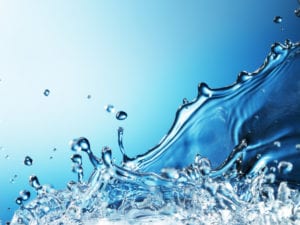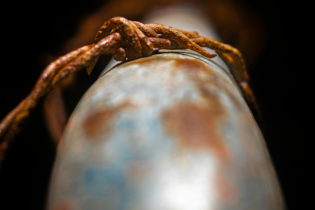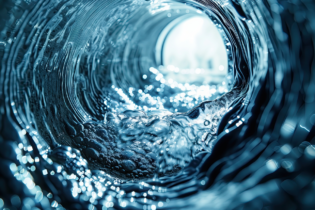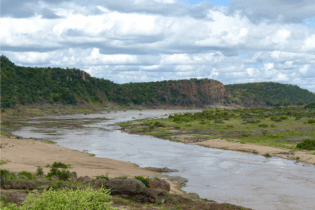Water is central to the development of the economy and job creation. The irrigated agricultural economy which accounts for 60% water-use has created 8, 5 million direct and indirect employment (2011, GCIS report).
The energy sector although only using 2% of water available, contributes about 15% to the GDP of South Africa and creates jobs for 250 000 people. The energy sector, with Eskom, the national power generator, at the pinnacle, is highly dependent on reliable supplies of water for the generation of electricity. The National Water Act (No. 36 of 1998) only makes provision for one’s right to water, being the reserve. This is the water required to maintain the ecosystem and basic human needs. Except for the water required for this reserve and basic human needs use, all the other water uses must be authorized by DWS or a Catchment Management Agency (CMA). Given the role of water in all socio-economic development, the next question to be asked is: How do water-use licences further advance growth and development of the country? Fast-tracking the water-use licence procedure is at the heart of the DWS strategy to enhance growth. Accordingly, the DWS recently revised its regulations governing the procedural requirements for water use license applications and appeals to fall within 90 days. Unlike the previous prescribed 300 days for processed finalisation, the timeframes have been revised significantly. The revised timeframes for the finalisation of the water-use licence application will ensure that DWS is an active and responsible participant within the economic and social sectors.We however call upon all stakeholders including applicants and other stakeholders (Government departments and NGO’S) to assist the department to ensure seamless pre-application processing by submitting correct and relevant documentation timeously.
It must be noted that the 90 day period applies only after applicants have submitted all correct and authentic documentation to DWS or the CMA. It has become clear that water plays a vital role in the socio-economic growth and development of the country. These growth and development are founded on the goals of the National Development (NDP). Advancing water-use licences also contributes to redressing the imbalances of the past through water reform allocation In his Supplementary Budget recently, the Minister of Finance, Honourable Tito Mboweni said: “This budget sets out a roadmap not to merely return the economy to where it was before the coronavirus, but to forge a new economy in a new global reality”. As such water-use licencing as a catalyst for growth is a flywheel by which DWS will assist South Africa in growing an inclusive economy from the ashes of the current COVID-19 pandemic. Issued by Sputnik Ratau, Acting Chief Director/Spokesperson: Department of Water and Sanitation






